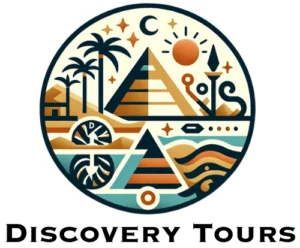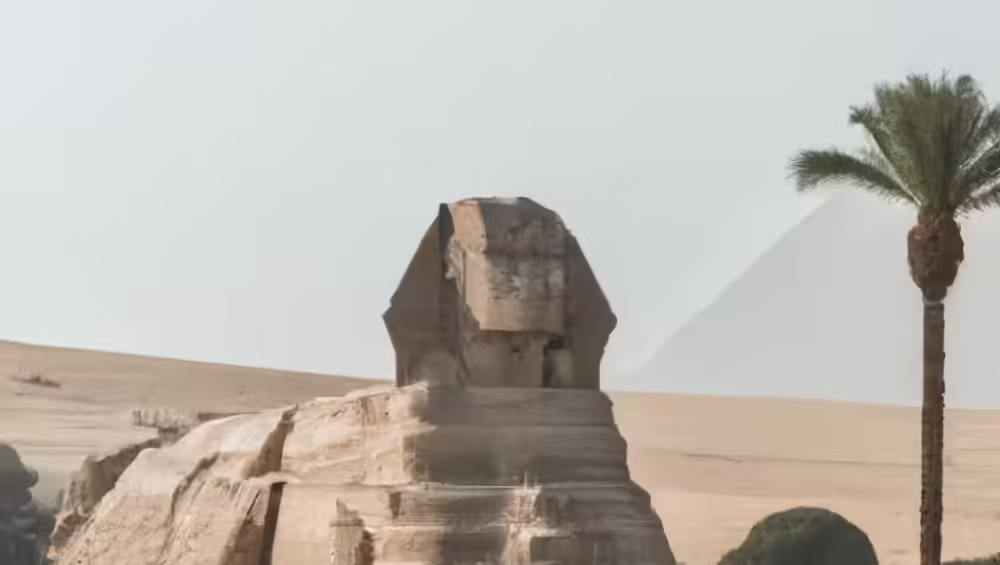**Title: Fostering Positive Interactions Between Tourists and Locals in Egypt**
**Introduction**
Egypt, a land of ancient wonders and vibrant cultures, offers travelers not only breathtaking sights but also the opportunity to engage with a rich tapestry of local communities. However, to truly appreciate the beauty of this destination, it is essential to foster positive interactions between tourists and locals. Cultural sensitivity plays a crucial role in ensuring that these interactions are respectful, enriching, and beneficial for all parties involved. As travel agents and tour operators, understanding the importance of these dynamics can enhance your offerings and promote a more immersive experience for your clients.
**Understanding Cultural Sensitivity**
Cultural sensitivity refers to the awareness and respect for the customs, traditions, and values of different communities. In Egypt, where history and modernity coexist, being culturally sensitive is paramount for ensuring successful tours. Visitors often come with preconceived notions or stereotypes that can lead to misunderstandings if not addressed properly.
**Why is Cultural Sensitivity Essential for Successful Tours in Egypt?**
1. **Enhances Visitor Experience**
When tourists are culturally aware, they are more likely to engage positively with locals. This not only enriches their travel experience but also fosters authentic connections. For example, a traveler who understands the significance of a local festival or the customs surrounding meals is likely to partake in these experiences with enthusiasm and respect, creating lasting memories.
2. **Promotes Mutual Respect**
Positive interactions between tourists and locals stem from mutual respect. Tourists who approach local customs with an open mind and a willingness to learn are more likely to be embraced by the community. This is particularly important in Egypt, where hospitality is deeply rooted in local culture. By educating travelers about cultural norms, such as dress codes when visiting religious sites or appropriate greetings, you can equip them to navigate these interactions with grace.
3. **Supports Sustainable Tourism**
Cultural sensitivity is integral to sustainable tourism practices. When tourists engage respectfully with local communities, they contribute to preserving cultural heritage and fostering economic development. By promoting local artisans and businesses, travelers not only enrich their own experience but also support the livelihoods of locals. This creates a positive feedback loop where tourism benefits both visitors and the communities they visit.
**Frequently Asked Questions**
**Q1: How can travel agents educate tourists about local customs in Egypt?**
Travel agents can play a pivotal role in preparing tourists for their journey. Providing pre-trip materials, such as cultural etiquette guides or videos featuring local customs, can help set the stage for respectful interactions. Additionally, incorporating cultural sensitivity workshops into tours can enhance understanding and appreciation for local traditions.
**Q2: What are some common cultural misunderstandings that tourists might encounter in Egypt?**
Tourists may inadvertently commit cultural faux pas, such as improper dress in religious sites or misunderstandings surrounding personal space. For instance, while Egyptians are generally warm and welcoming, they may view public displays of affection as inappropriate. Educating tourists about these nuances can help bridge the gap between cultures and foster more positive interactions.
**Q3: How can positive interactions between tourists and locals benefit the local economy?**
When tourists engage positively with locals, they are more likely to support local businesses, such as markets, restaurants, and workshops. This not only boosts the local economy but also promotes the preservation of cultural traditions. More tourists seeking authentic experiences can lead to a thriving community that benefits from tourism while maintaining its unique identity.
**Conclusion**
Fostering positive interactions between tourists and locals in Egypt is essential for creating memorable travel experiences. By promoting cultural sensitivity, travel agents and tour operators can enhance their offerings, ensuring that both tourists and locals benefit from these encounters. As Egypt continues to shine as a premier travel destination, let us embrace the responsibility of guiding travelers towards respectful and enriching experiences that highlight the beauty of our diverse cultures. Together, we can cultivate a tourism landscape that honors the past while celebrating the present, paving the way for a harmonious relationship between visitors and the wonderful people of Egypt.





